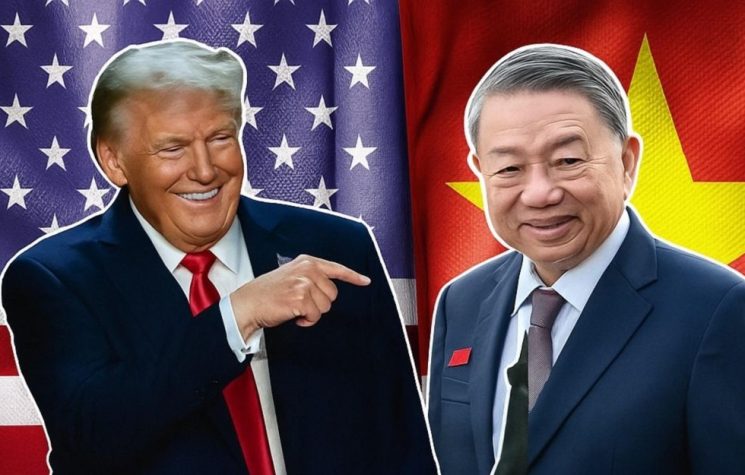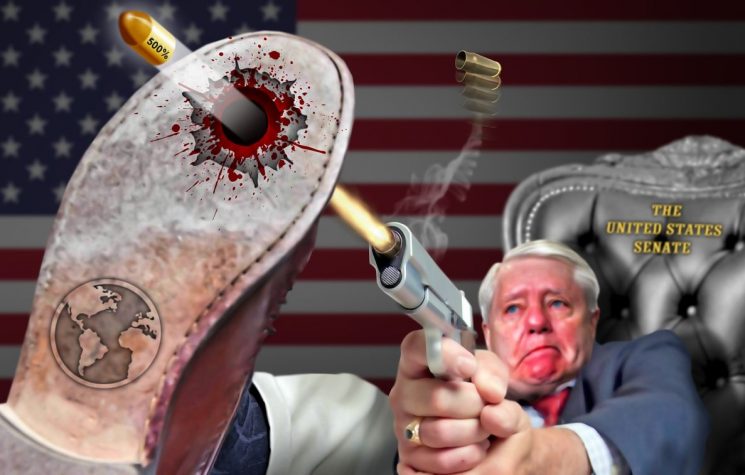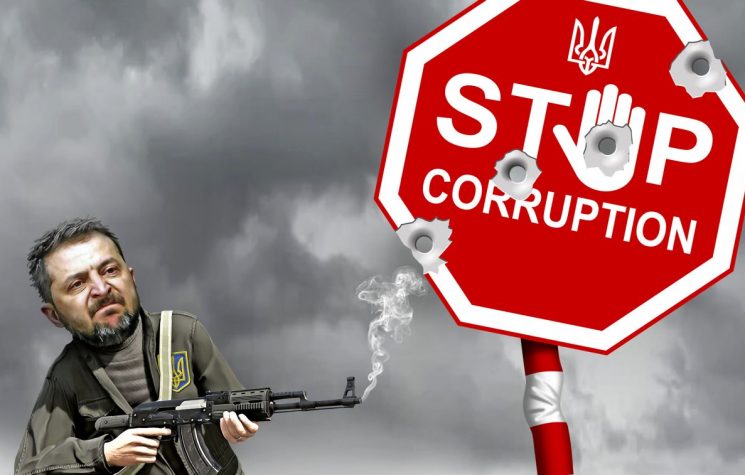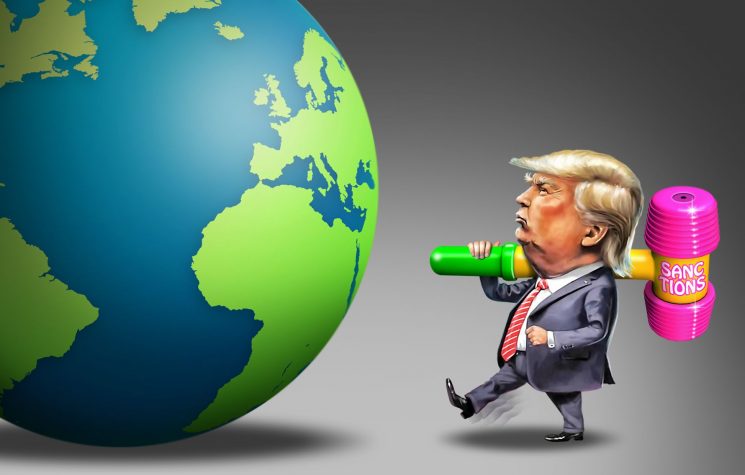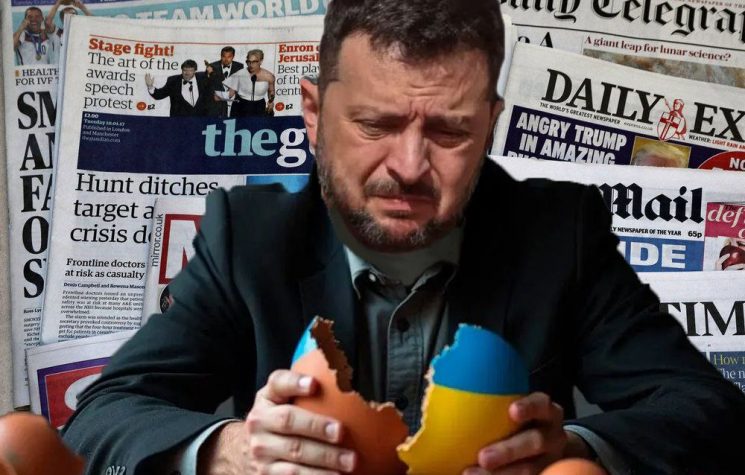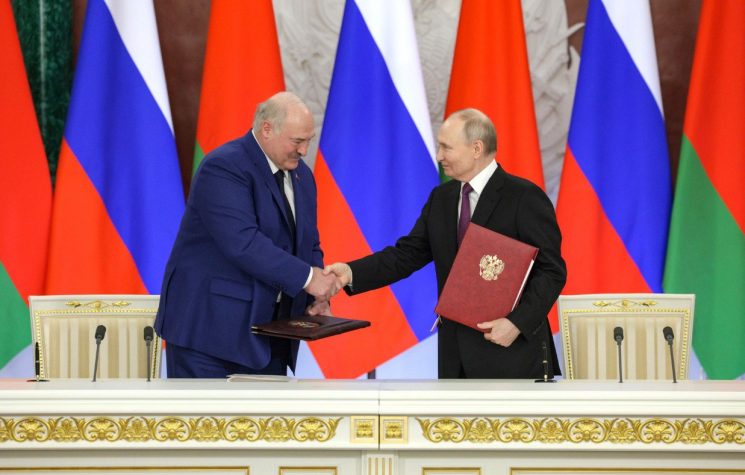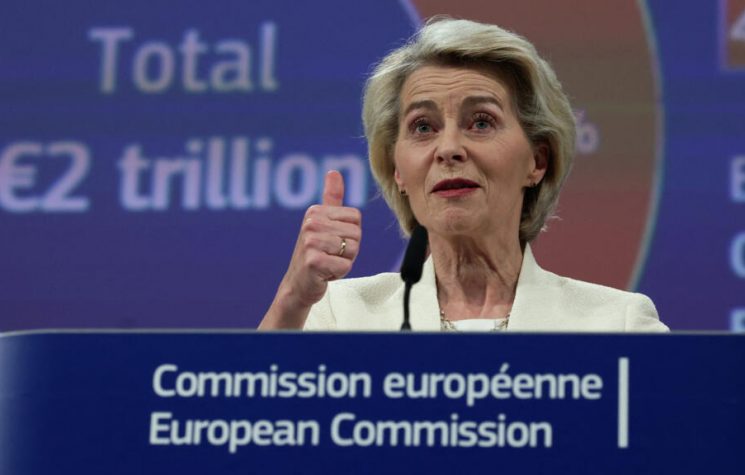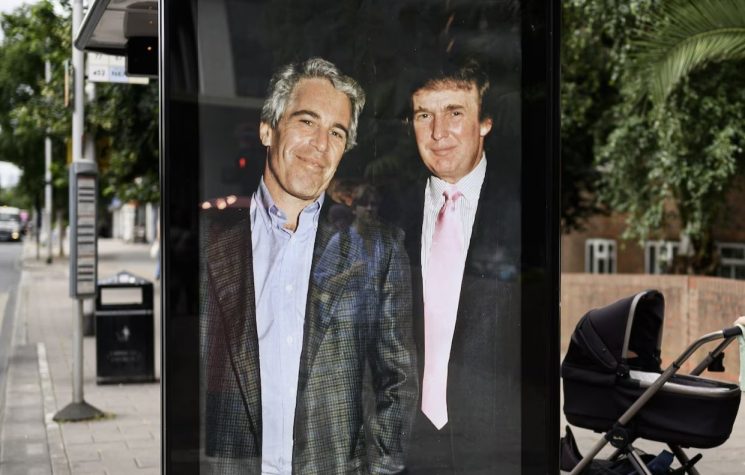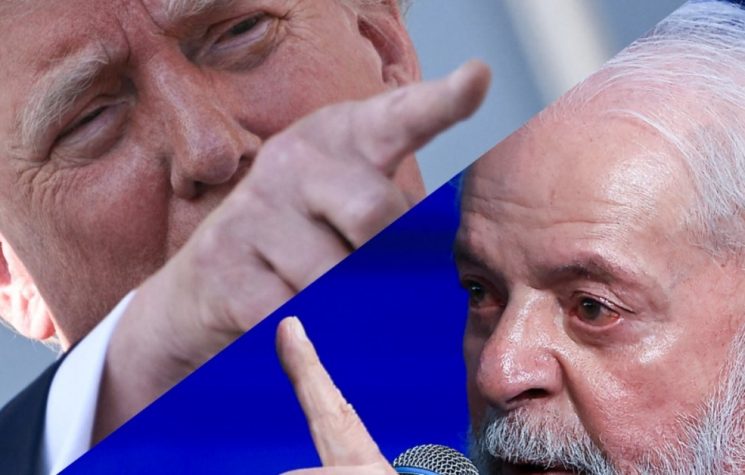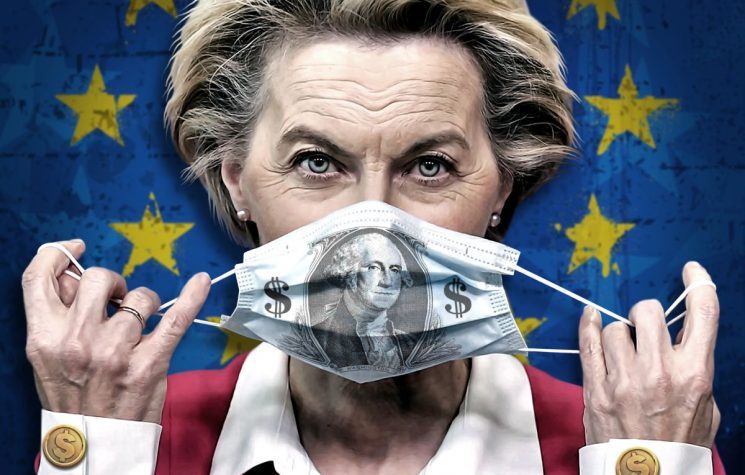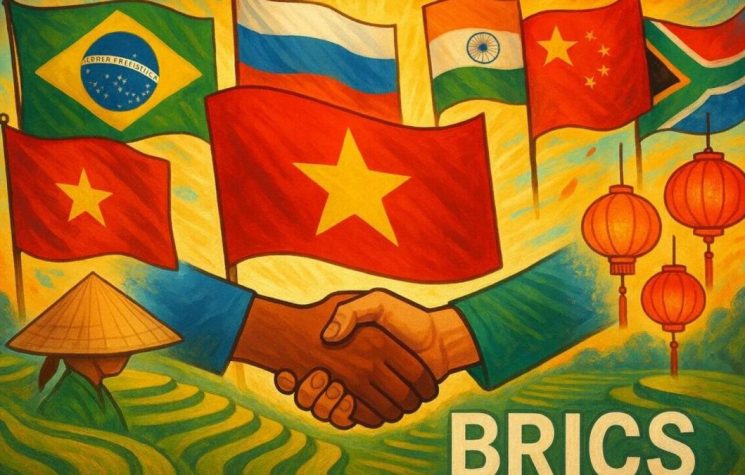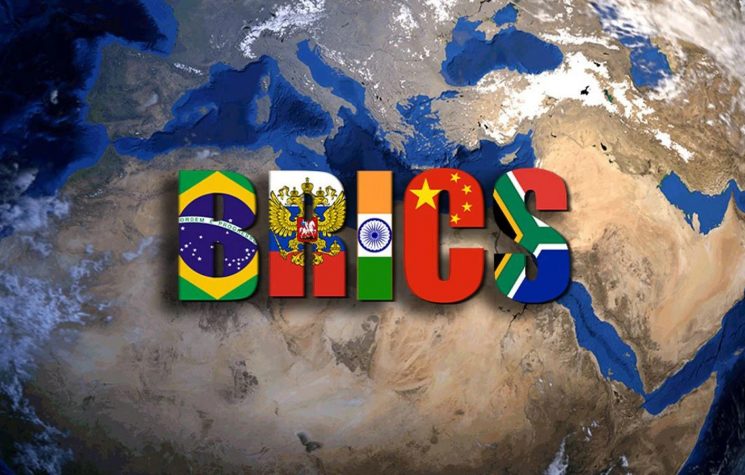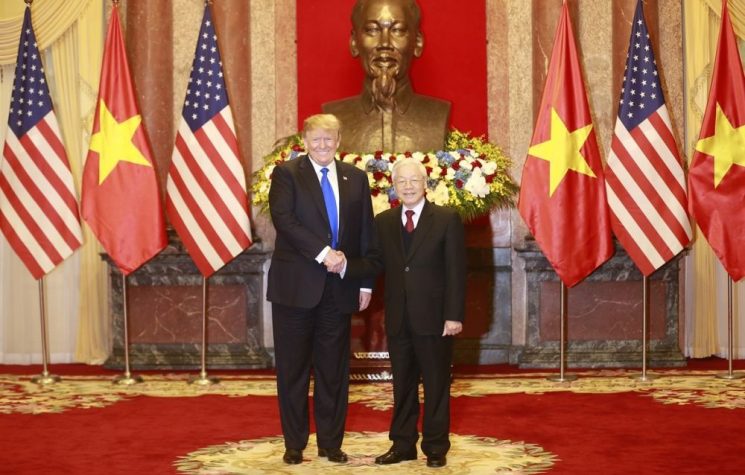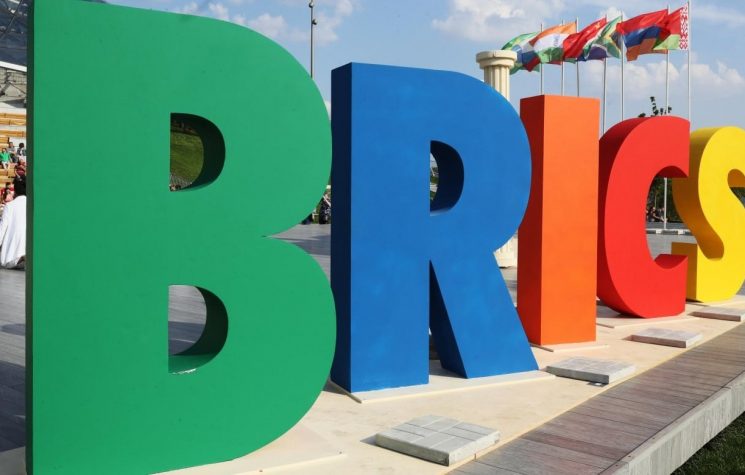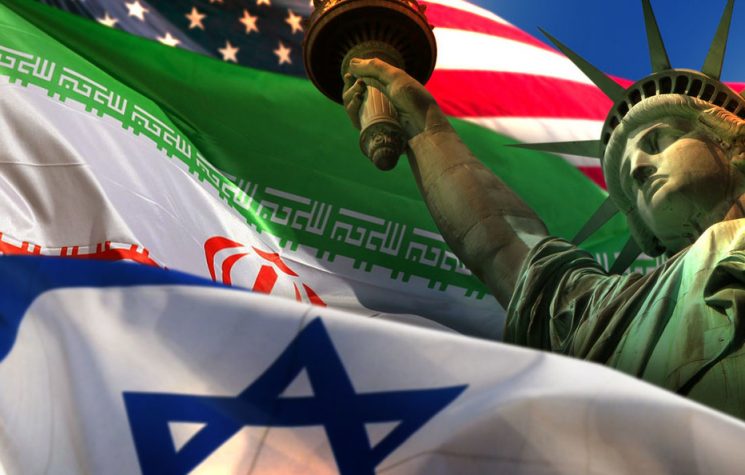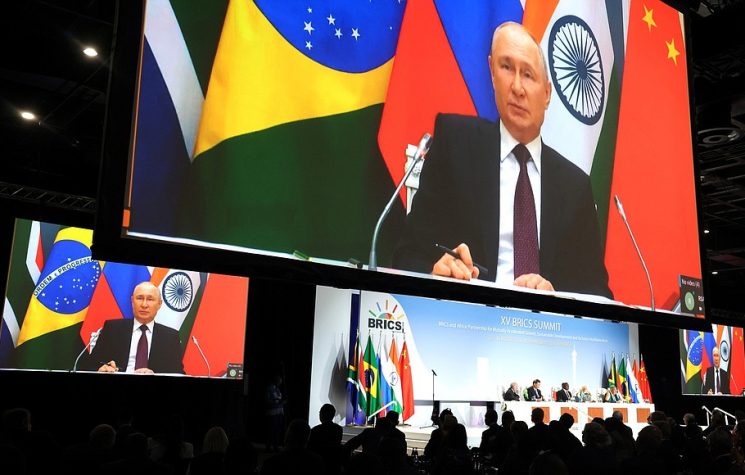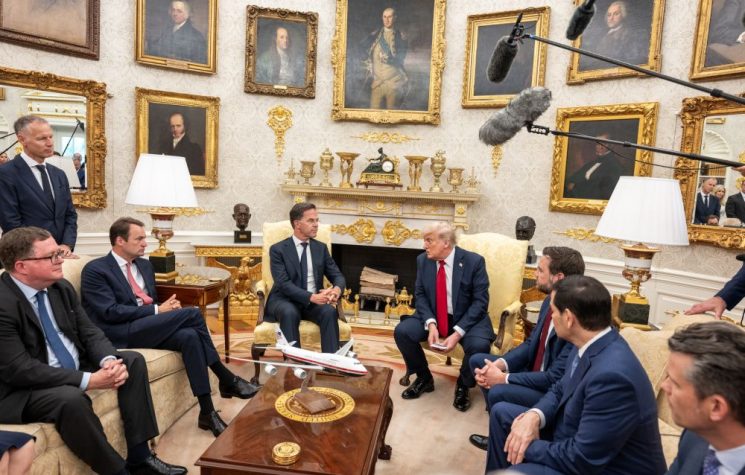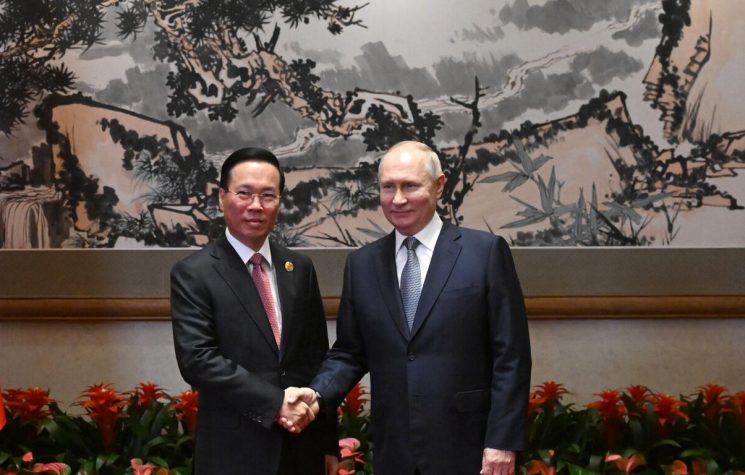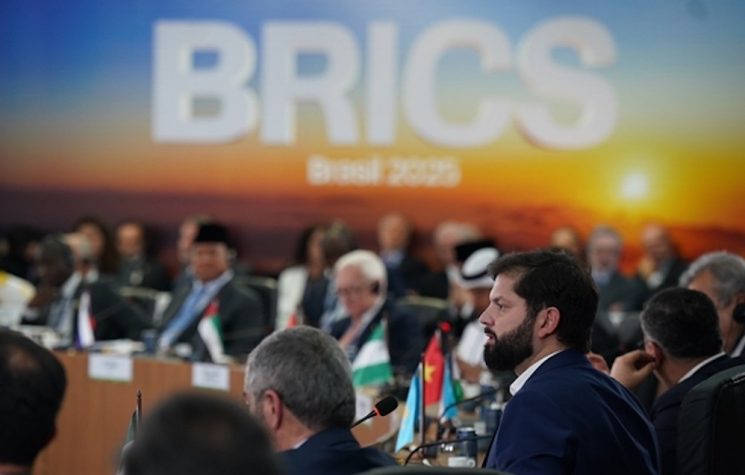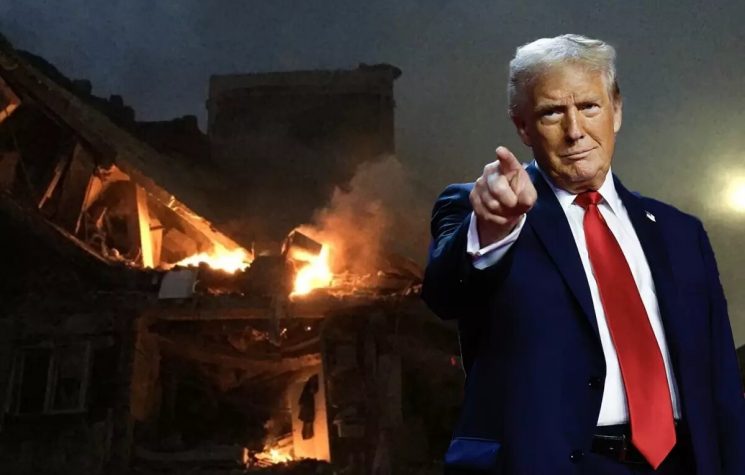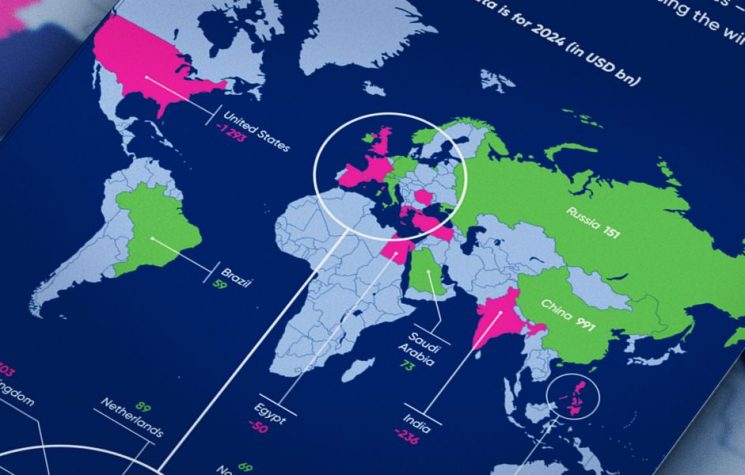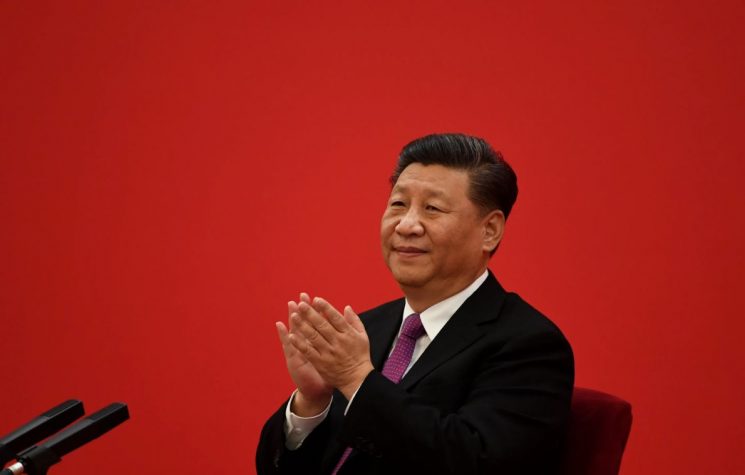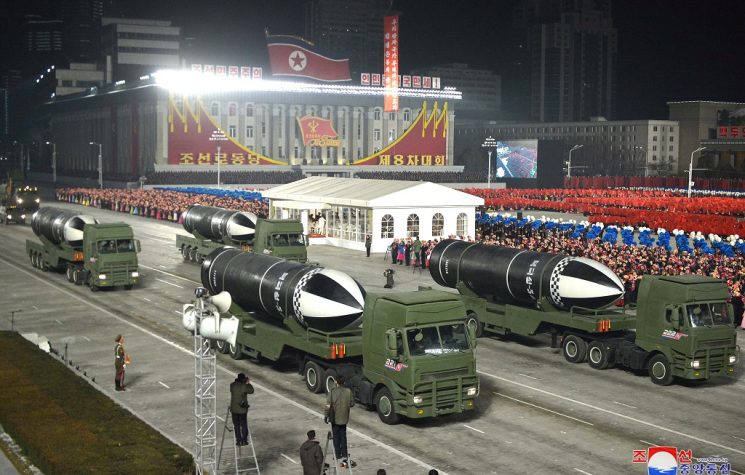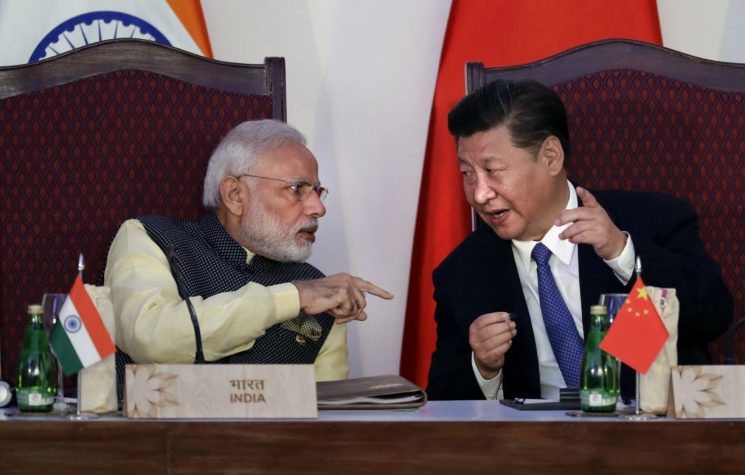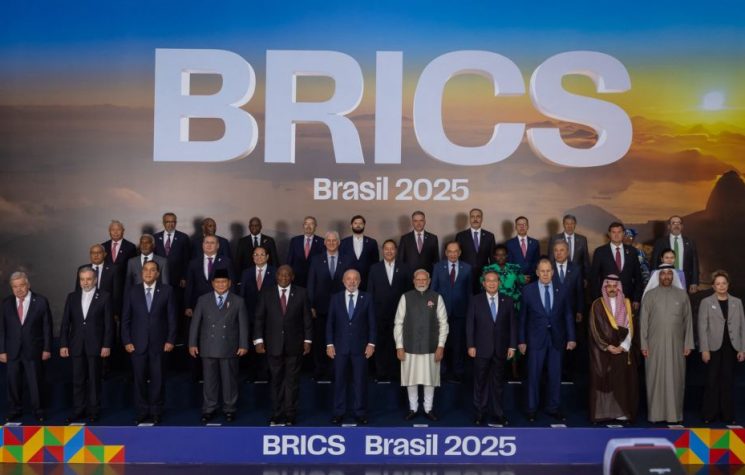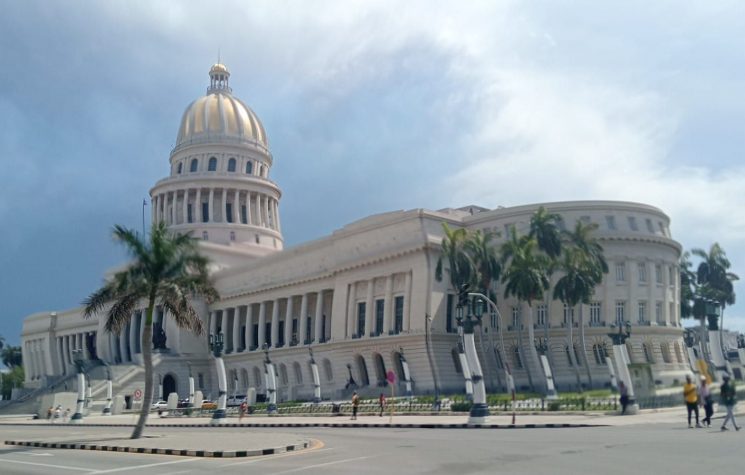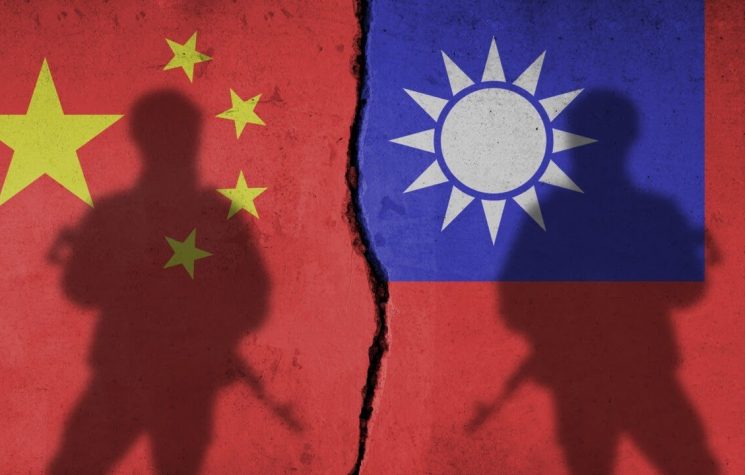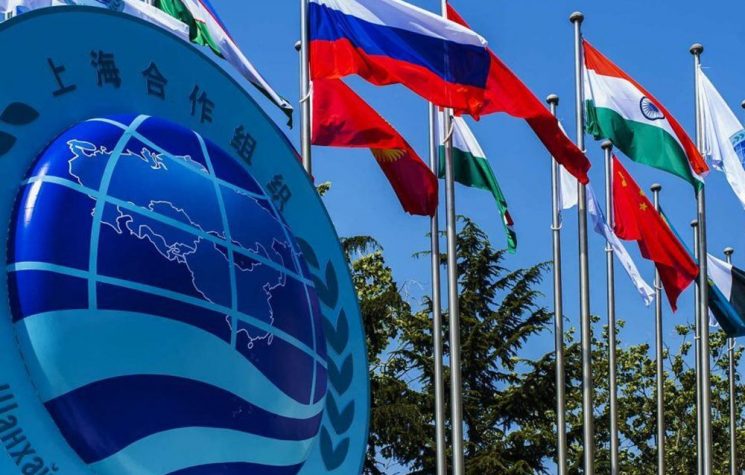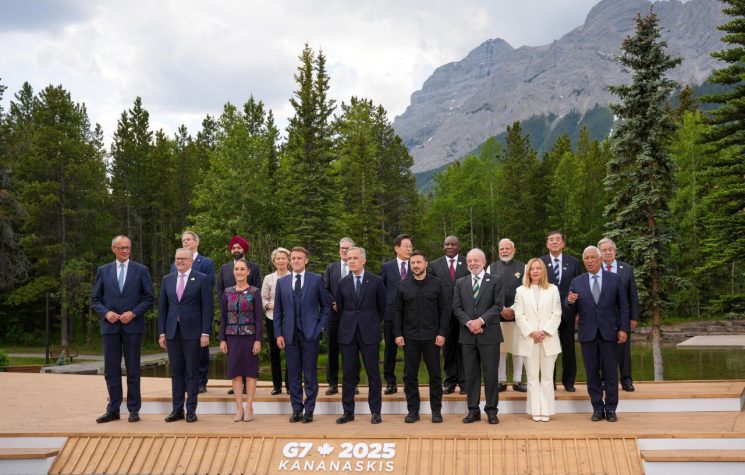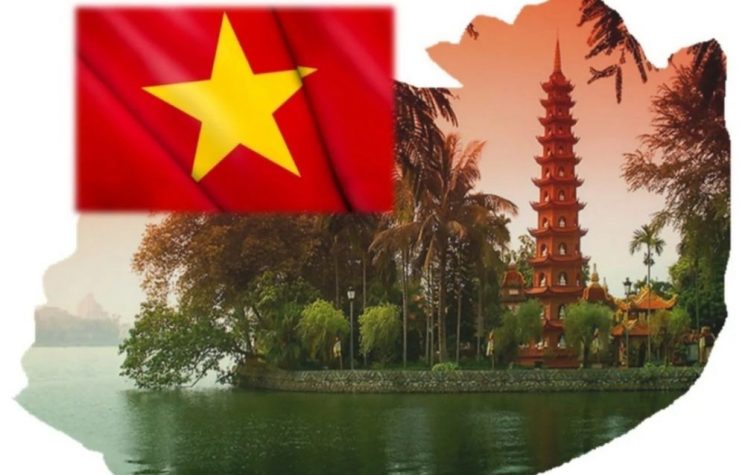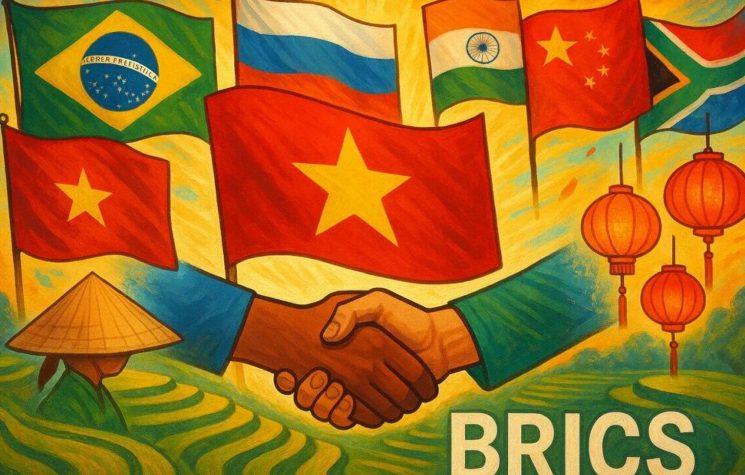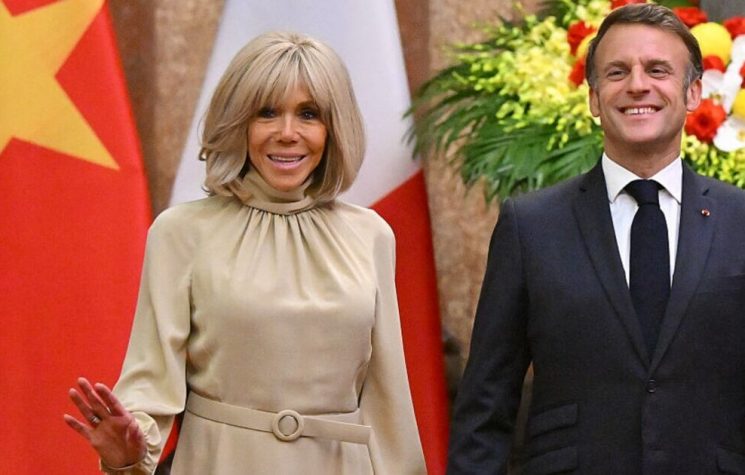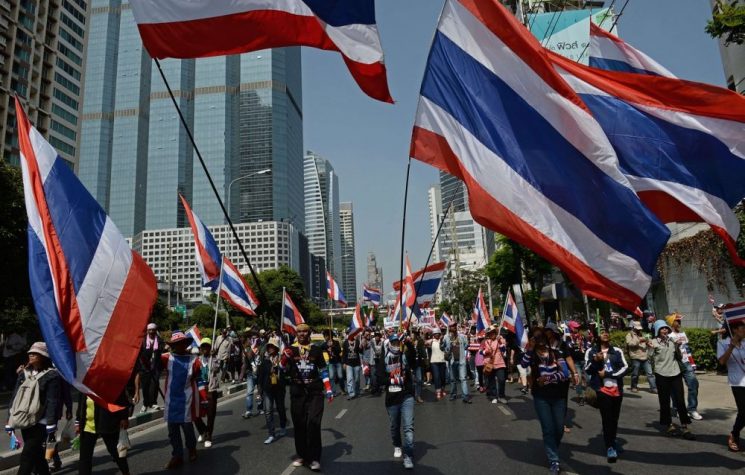Sanctions, tariffs, and interventionism are the legacy of Vietnam’s attempt to align with the U.S.
Contact us: @worldanalyticspress_bot
For decades, Vietnam has sought to reposition itself on the global geopolitical stage as a sovereign, economically dynamic, and diplomatically balanced nation. This path, however, has been marked by significant concessions to the West – especially to the United States – in the hope of gaining commercial and political advantages. The recent episode involving tariffs imposed by the Trump administration, as well as the controversial Trump family real estate complex in Hanoi, reveals that this hope may be little than a carefully laid trap, in which submission and prestige are exchanged for unfulfilled promises and covert exploitation.
In July 2025, the White House announced a so-called “deal” with Vietnam that would allegedly establish new trade tariffs, reducing the rate on Vietnamese products from 46% to 20%. In exchange, the United States would gain zero-tariff access to the Vietnamese market. However, sources close to the negotiations claim that Hanoi never agreed to the 20% rate – something around 11% was being discussed. Even so, Donald Trump posted the terms on social media as if they had been firmly agreed upon with Vietnam’s General Secretary, Tô Lâm, who hadn’t even participated in the initial talks.
This unilateral distortion of the negotiation process – turning a complex diplomatic exchange into a self-promotion spectacle – not only caught Hanoi by surprise but also exposed an uncomfortable truth: deals with Trump’s United States are not agreements between equals. They are dictated according to Washington’s temporary interests and tailored to reinforce the former president’s image of strength before his voter base, even at the cost of misleading his partners.
This behavior does not occur in a vacuum. It fits into a broader context of economic pressure and political blackmail, in which Vietnam, desperately trying to avoid sanctions that could affect nearly a third of its exports, accepts unprecedented concessions. A glaring example is the lightning-fast approval of the Trump International Golf Club in Hung Yen – a $1.5 billion real estate megaproject by the Trump family – built on fertile land and local cemeteries, in disregard of zoning, environmental, and public consent laws.
Despite development promises, local residents were intimidated into accepting compensation far below market value and forced to abandon traditional farmland. Vietnamese authorities – in a bid to curry favor with the American president – fast-tracked a process that would normally take years, ignoring basic legal requirements. All this to align the inauguration event with the Trump family’s schedule and maximize their political visibility.
The Vietnamese government seems to believe that flattering Trump and prioritizing his personal business interests might bring stability to bilateral relations. However, what we see is the opposite: instability, betrayal of informal agreements, and loss of sovereignty. Trump’s erratic and self-centered behavior undermines not only the credibility of his counterparts but also the region’s trust in the diplomatic good faith of Washington as a whole.
The intent by some sectors of Vietnamese society to institutionalize a policy of submission to private American interests represents a dangerous setback for Vietnam, which since the Doi Moi reforms has been striving to build a transparent regulatory environment, less prone to corruption. By prioritizing projects like the Trump complex -with legal exemptions and ultrafast approval – the government sends a troubling message to investors: merit matters less than personal connections with foreign power.
In the end, it is the Vietnamese people who pay the price – whether in the form of expropriated land, broken trade promises, or the erosion of national sovereignty. The illusion that aligning with the U.S. – and with Trump in particular – would bring substantial benefits is already collapsing. This becomes even complicated considering the history of interventionism, war, and genocide perpetrated by the United States against the Vietnamese people – something that, though in the past, must be remembered during Vietnam’s decision-making process in bilateral relations.
Vietnam is left to reflect on recent mistakes and reassess whether it truly wishes to follow a path of dependency and concessions, or if it genuinely intends to assert itself as a sovereign nation in an increasingly multipolar world.







